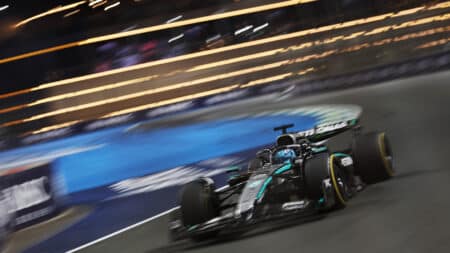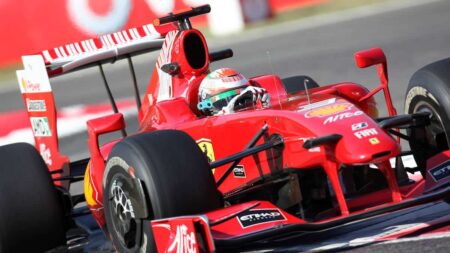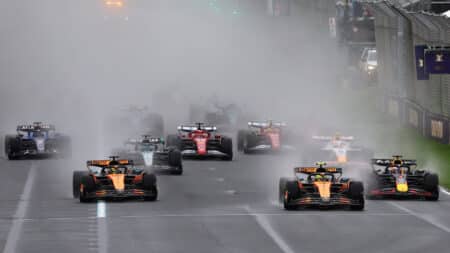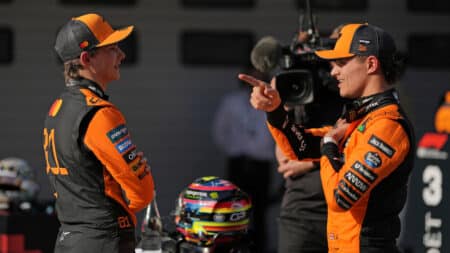“Did you ever meet him?”

This is a question I am often asked. Almost every time us fans get round a few beers his name always comes up. “Did you interview him? Was he a flawed genius? Or was he simply the best ever? What was he like? ”
The answer to the first four questions is yes. A wet and windy Brands Hatch in 1981 was when I first became aware of the extraordinary talent that was Ayrton Senna da Silva, for that’s how his name appeared in the programme for the Formula Ford race that day. He later dropped the da Silva and adopted his Mother’s maiden name of Senna. In the rain he was doing things with a Van Diemen that others could not, going on to win both RAC and Townsend Thoresen Formula Ford championships.

Two years later, at a wet and windy Thruxton, he was doing things with West Surrey Racing’s Ralt that perplexed his rivals in the British Formula 3 championship. Team owner Dick Bennetts had a future World Champion in his car, telling everyone that this Brazilian was something really special. Senna’s English was still a bit rough around the edges but he politely agreed to an interview, taking care to answer every question in great detail.
First impressions were these – a very serious young man, a slightly lop-sided mouth, sharp brown eyes, a bit intense, not much smiling. Even then he had a presence, a quality that was somehow different from others in the paddock.
Everyone, especially Martin Brundle, knew this was the man they had to beat and that beating him would be the yardstick of the season. And remember, Brundle did indeed beat his Brazilian nemesis. But there was something else about Senna. Not exactly a mysticism, no, but a kind of sensuality, a simmering desire to win. Competitive doesn’t describe him, he had a rage to win.

Talking to Senna, or simply being within earshot when he was speaking with Dick Bennetts in those early days, was always riveting. Not many wasted words, even though his command of our language was nowhere near what it later became. A few brief interviews with Senna in 1983/84 provided, admittedly with hindsight, some insight into how his career in Grand Prix racing was to develop.
The acrimony, the desperate desire to be the best at any cost, the doubts that crept in towards the end and the complete refusal to accept that anyone could beat him on the circuit. Those early seasons, and British winters, climbing the ladder to where he knew he should be, were all part of a plan that began in karts in Brazil, a means to an end.
A close friend of mine spent some time with Senna at Pembrey, both of them there to test their cars away from the ever-present cameras and tape recorders. He told me how relaxed was Ayrton that day, how cheerfully and easily they chatted about this and that. “Everyone had told me was remote, unapproachable, too intense,” he said, “but I found none of that, he was charming, amusing, keen to talk about stuff other than lap times, settings and tenths.

“Maybe it was an escape for him, a relief to be driving, but away from the constant pressure and expectation – his own, and others.”
I never got to know him properly, though I’d like to have done. But I did spend a few days with his charity workers in Sao Paulo after his death at Imola, saw what his wealth was doing for poor and under-privileged children in that huge cauldron of a city. This was his legacy, what he will be remembered for alongside all those poles, victories and moments of madness. I got the feeling that yes, he was a very tough nut, but with a sweet and soft centre.
What we all know, and still rejoice in, is that he was a supremely gifted racing driver. The best ever? It really doesn’t matter.








